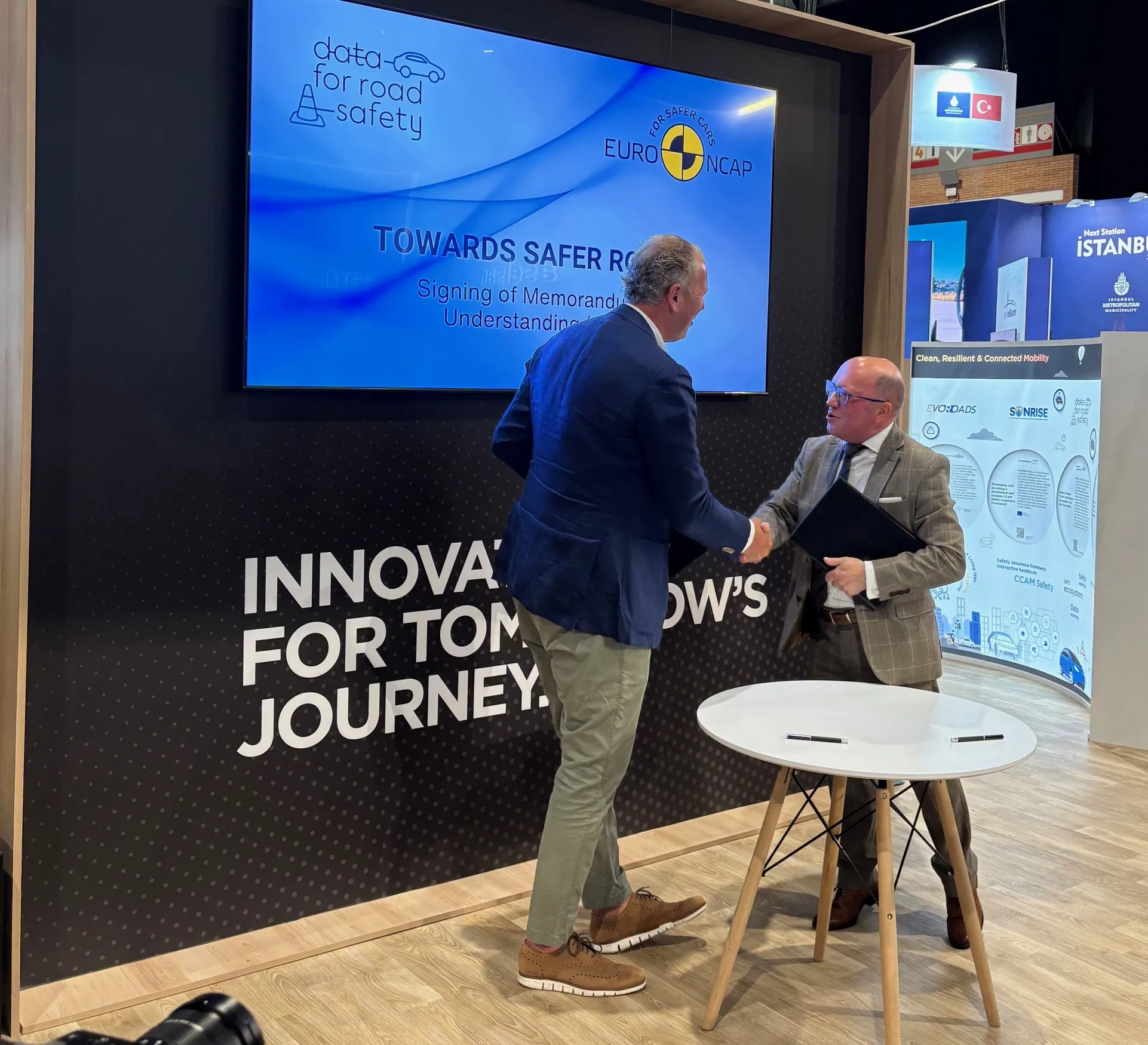BMW Group, Intel and Mobileye are collaborating to bring solutions for highly and fully automated driving into series production by 2021.
The BMW iNEXT model will be the foundation for BMW Group’s autonomous driving strategy and set the basis for fleets of fully autonomous vehicles, not only on highways but also in urban environments for the purpose of automated ridesharing solutions.
The three partners are committed to working towards an industry standard and defining an open platform for autonomous
July 4, 2016
Read time: 2 mins
The BMW iNEXT model will be the foundation for BMW Group’s autonomous driving strategy and set the basis for fleets of fully autonomous vehicles, not only on highways but also in urban environments for the purpose of automated ridesharing solutions.
The three partners are committed to working towards an industry standard and defining an open platform for autonomous driving. This will address level 3 to level 5 automated driving and will be made available to multiple car vendors and other industries which could benefit from autonomous machines and deep machine learning.
They are convinced that automated driving technologies will make travel safer and easier. The goal of the collaboration is to develop future-proofed solutions that enable the drivers to not only take their hands off the steering wheel, but reach the so called ‘eyes off’ (level 3) and ultimately the ‘mind off’ (level 4) level, transforming the driver’s in-car time into leisure or work time. This level of autonomy would enable the vehicle, on a technical level, to achieve the final stage of travelling ‘driver off’ (level 5) without a human driver inside. This establishes the opportunity for self-driving fleets by 2021 and lays the foundation for entirely new business models in a connected, mobile world.
They have agreed to a set of deliverables and milestones to deliver fully autonomous cars based on a common reference architecture. Near term, the companies will demonstrate an autonomous test drive with a highly automated driving (HAD) prototype. In 2017 the platform will extend to fleets with extended autonomous test drives.







